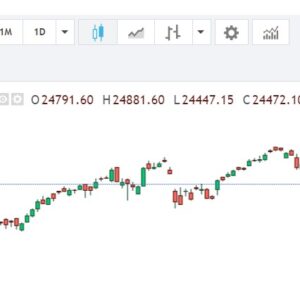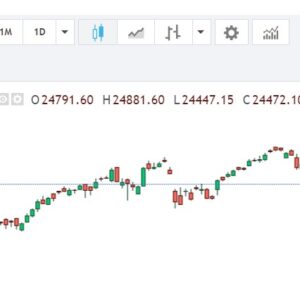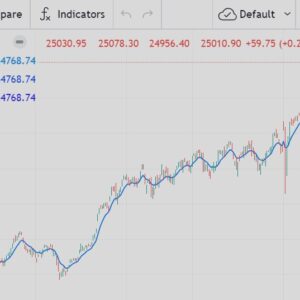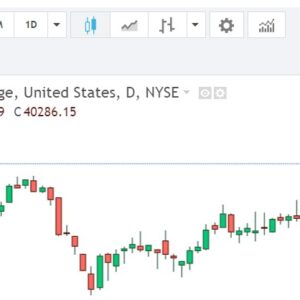Goldman vs. JPMorgan: The Great Russian Rate Hike Debate
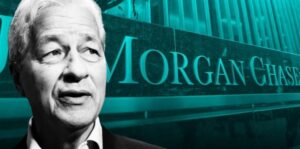
Russia • Central Bank of the Russian Federation
The global financial landscape is no stranger to debates and differing opinions among major financial institutions. Recently, a significant divide has emerged between two of the world’s leading investment banks, Goldman Sachs and JPMorgan Chase, regarding the anticipated Russian rate hike. This debate is not only fascinating but also crucial for investors and analysts who rely on the insights and forecasts of these banking giants.
Understanding the Russian Rate Hike
The Russian Central Bank periodically adjusts its key interest rate to manage inflation and stabilize the national currency, the ruble. These rate adjustments are pivotal for the Russian economy, influencing everything from consumer spending to foreign investment. As of the latest developments, the Russian Central Bank has signaled a potential rate hike, sparking intense debate among financial experts.
Goldman’s Stance on the Rate Hike
Goldman Sachs, known for its comprehensive and often bullish market forecasts, has taken a firm stance in favor of the rate hike. According to Goldman’s analysts, the Russian economy faces substantial inflationary pressures that necessitate a significant increase in interest rates. They argue that without this hike, inflation could spiral out of control, undermining economic stability.
Goldman’s position is underpinned by several key factors:
- Inflationary Trends: Recent data indicate a steady rise in inflation, driven by increased consumer demand and higher commodity prices. Goldman asserts that a rate hike is essential to curbing this inflationary trend.
- Currency Stability: The ruble has experienced volatility in recent months. Goldman believes that raising interest rates will strengthen the ruble, making it more attractive to foreign investors and stabilizing the currency.
- Economic Growth: Despite concerns about slowing economic growth, Goldman argues that a rate hike will create a more predictable economic environment, fostering long-term investment and growth.
JPMorgan’s Counterargument
On the other side of the debate, JPMorgan Chase has adopted a more cautious approach. JPMorgan’s analysts contend that a rate hike at this juncture could do more harm than good. Their arguments are rooted in the potential negative impacts on economic growth and consumer spending.
JPMorgan’s key points include:
- Economic Recovery: The global economy, including Russia, is still recovering from the impacts of the COVID-19 pandemic. JPMorgan believes that raising interest rates could stifle this recovery by making borrowing more expensive and reducing consumer spending.
- Investment Climate: Higher interest rates could deter both domestic and foreign investment. JPMorgan suggests that a stable and low-interest-rate environment is more conducive to attracting investment and fostering economic development.
- Inflation Expectations: While acknowledging rising inflation, JPMorgan argues that it is largely driven by supply chain disruptions and temporary factors. They believe that inflation will stabilize without the need for a rate hike.
The Broader Implications
This divide between Goldman Sachs and JPMorgan Chase extends beyond the specifics of the Russian rate hike. It highlights a broader philosophical difference in how these institutions approach economic forecasting and policy recommendations. Goldman’s aggressive stance reflects a prioritization of inflation control and currency stability, while JPMorgan’s cautious approach emphasizes economic growth and recovery.
Market Reactions and Investor Sentiment
The debate has significant implications for market reactions and investor sentiment. Investors closely monitor the analyses and forecasts of these banking giants to inform their strategies. The divergence in opinions can lead to increased market volatility as traders react to differing interpretations of economic data and policy signals.
Short-term Market Impact
In the short term, the anticipation of a rate hike has already led to fluctuations in the Russian financial markets. Stocks, bonds, and the ruble have all experienced heightened volatility as investors weigh the potential outcomes. Traders


